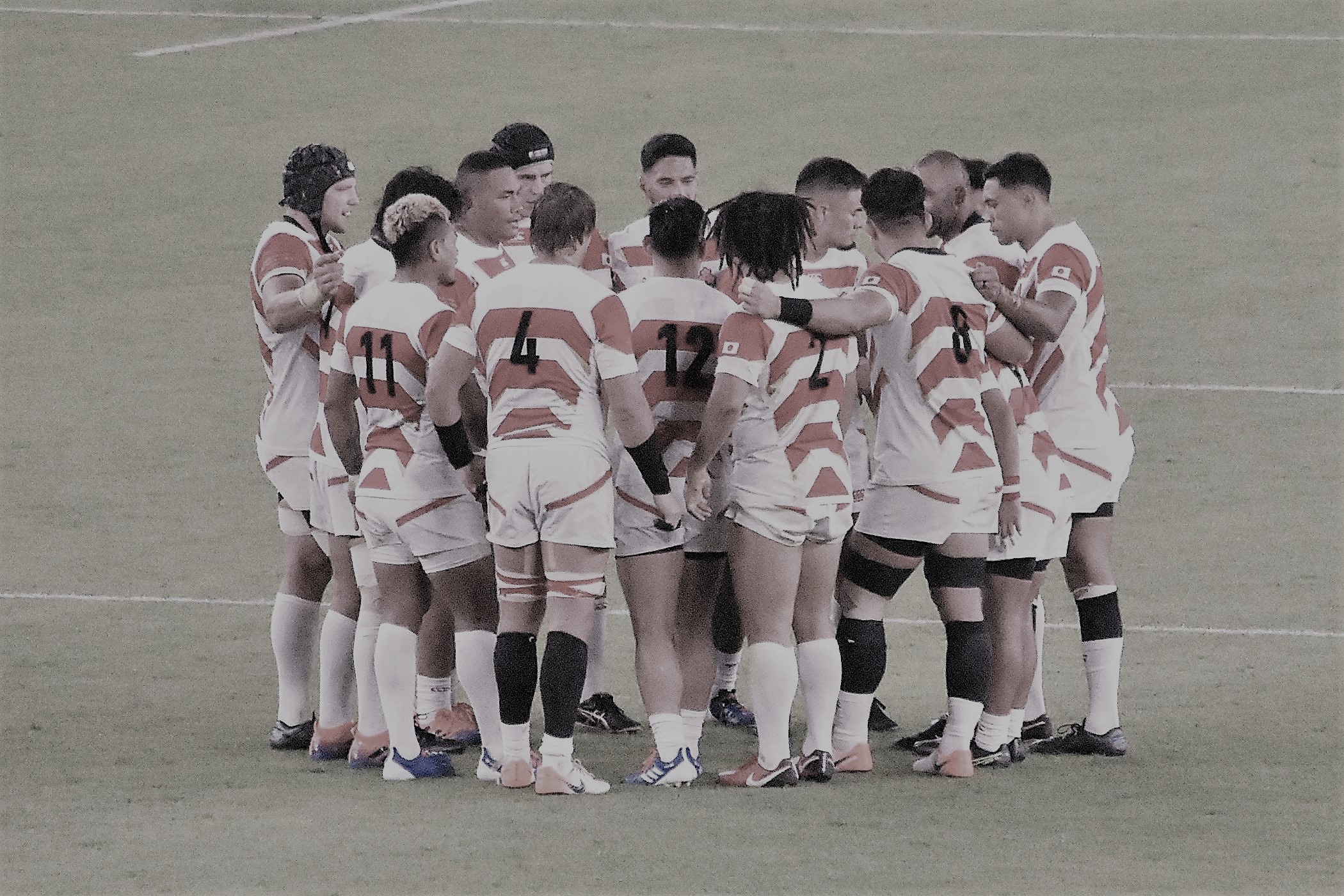Japan’s national rugby team had never played South Africa prior to the 2015 Rugby World Cup. Furthermore, few gave them much hope against any of the teams in their pool group. Japan had not won a Rugby World Cup match in over 20 years, while the South African rugby had twice been crowned champions.
In their World Cup game in Brighton, the Springboks went into halftime with a small 12-10 lead. South Africa came out strong after the break, scoring twice, but an Ayumu Goromaru score kept the match in the balance ensuring a thrilling finale to the game. With time running out, and South Africa holding a narrow three-point lead, Japan was twice awarded penalties. Both times, Japan’s captain Michael Leitch turned down kicking for three points, which would have resulted in a draw. His gamble paid off as Japan’s winger Karne Hesketh made it over the try line in the left corner to score the match-winning try in the dying moments of the game.
The match has gone down in rugby folklore and is widely considered the biggest upset in rugby union history. So much so that the events that unfolded that day have been made into a movie entitled ‘The Brighton Miracle.’ Japan would go on to narrowly miss out on the elimination phase of the Rugby World Cup tournament, losing out to Scotland, who—despite having the same win-loss tally—had accumulated two bonus points, which meant Scotland progressed to the knock-out stages instead of Japan.
In the aftermath of the Japan-South Africa game, then head coach of Japan Eddie Jones went on to coach the England national rugby team, his success at the World Cup with Japan being a major factor for his England appointment. Japan’s rugby team too have gone on to win admirers, performing well at the next Rugby World Cup in 2019 where Japan was the host nation, claiming impressive victories against Scotland and Ireland on its way to the quarter finals only to be beaten by eventual winners South Africa, who Japan had stunned four years earlier.
Vocabulary List
prior to 先立って
crowned 優勝する
came out 始めた
in the balance 未決定の状態
finale フィナーレ
dying moments 最後の瞬間
folklore 伝承
upset 乱れ勝ち
aftermath 余波
admirers 崇拝者
Word Frequency


No responses yet